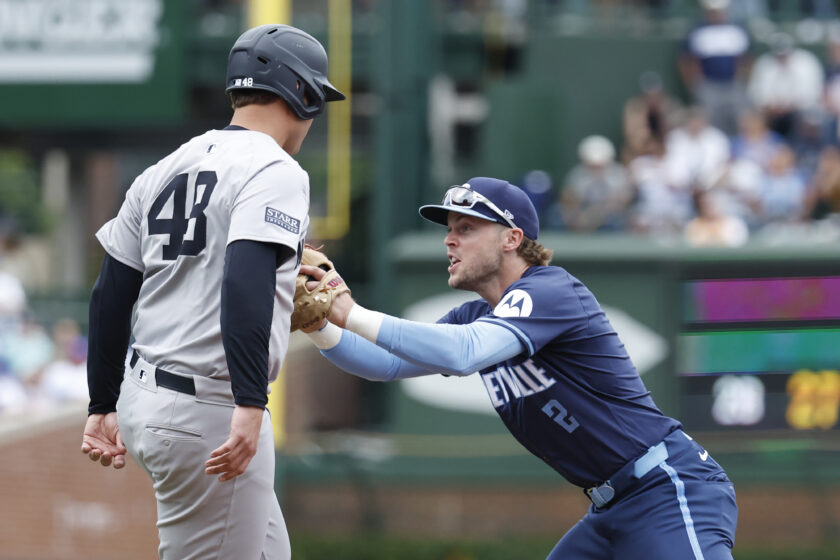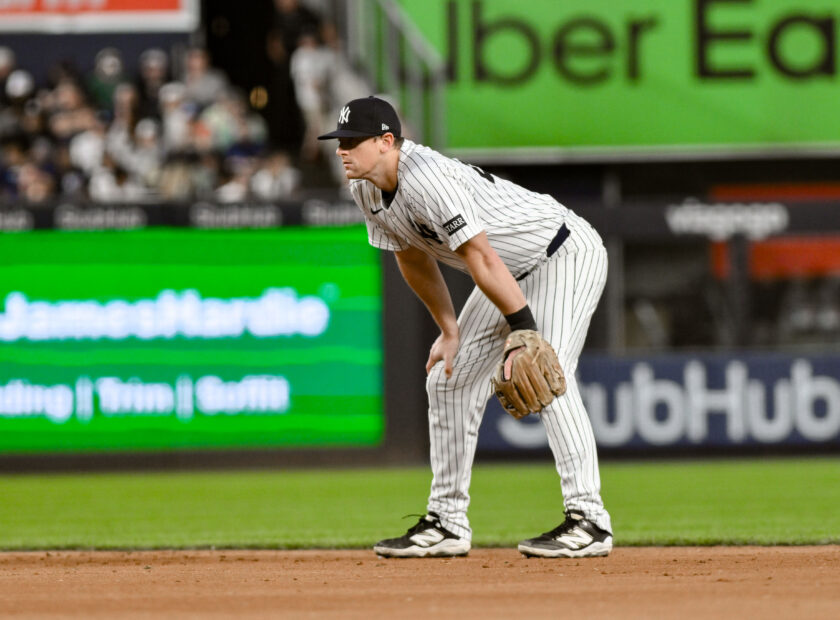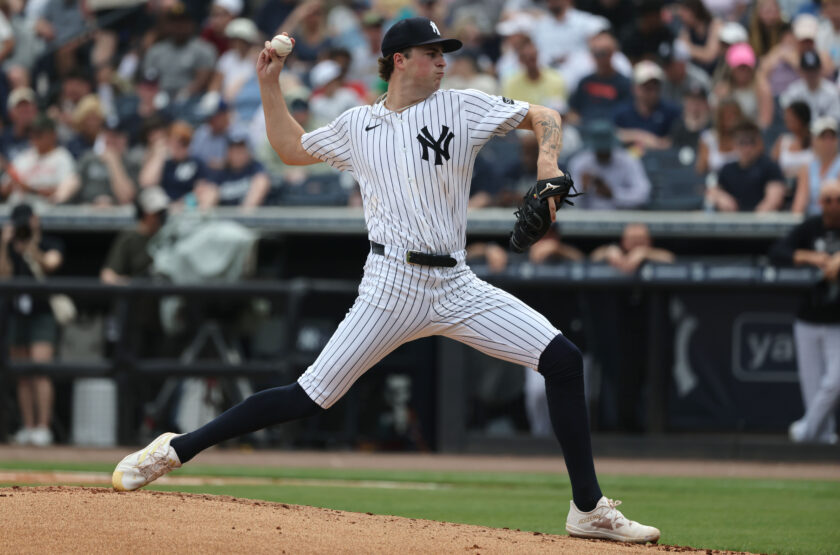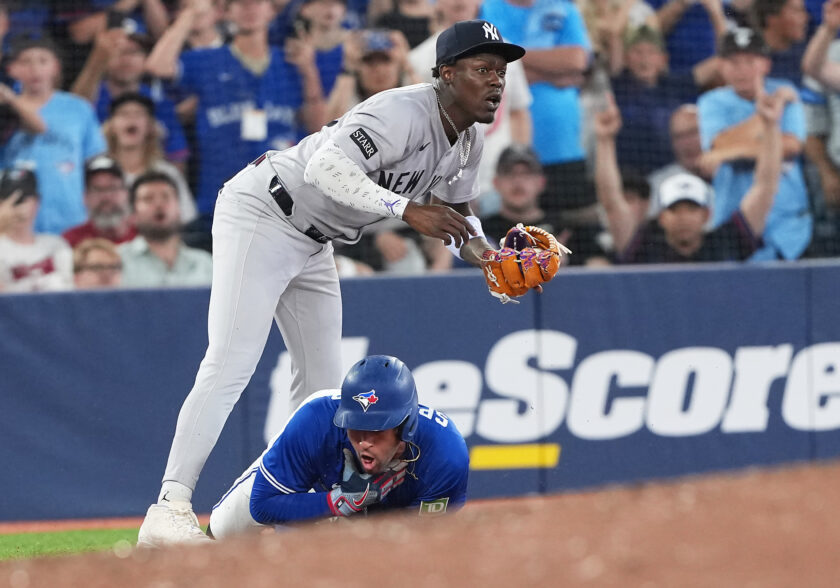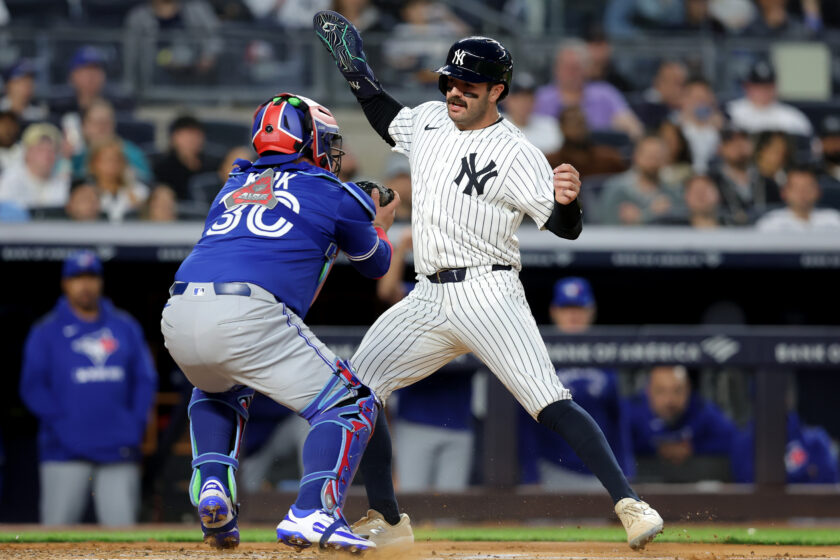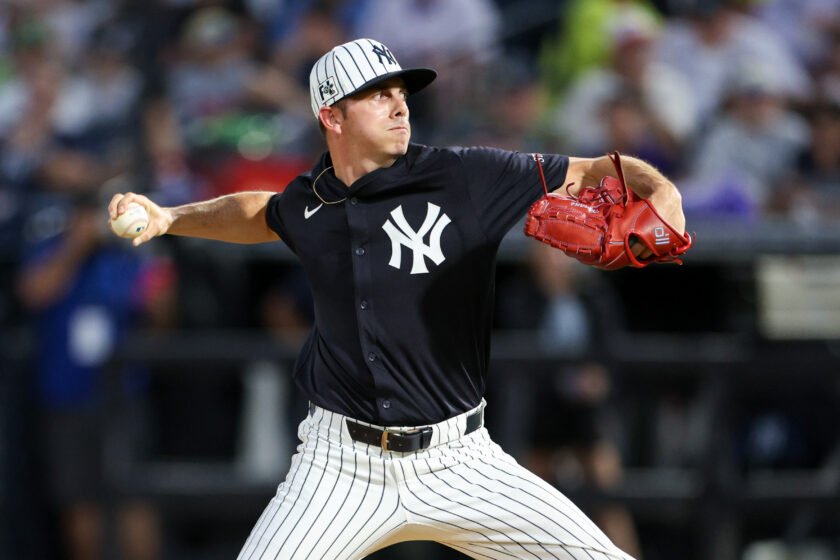Why Yankees regain Aaron Judge leverage with Juan Soto on market
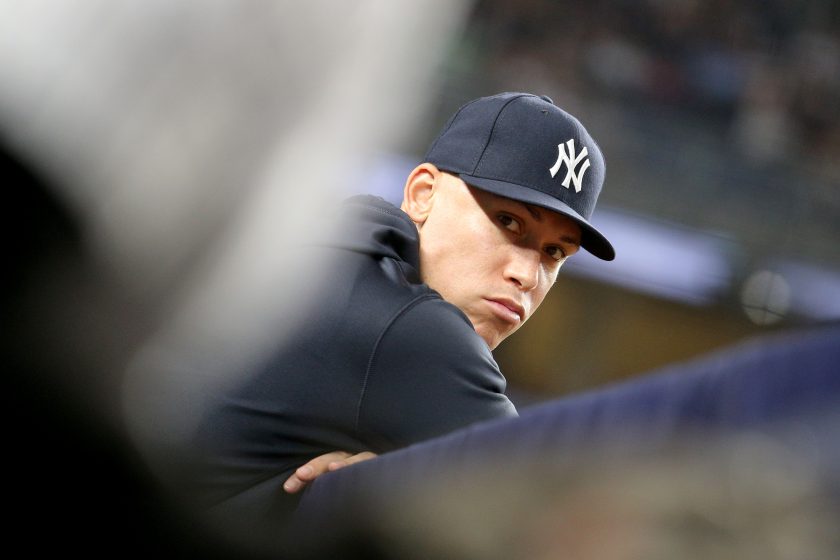
Aaron Judge and the Yankees had done everything right in their free agency dance. But now forces out of their collective control may have changed the calculus — and to the Bronx Bombers’ immense advantage.
Juan Soto is on the market. The Nationals tried — or at least made an effort to give that impression — with a rejected 15-year, $440 million offer to the superstar outfielder. They will begin listening to bids. Eventually they will make the biggest trade in baseball history, bringing back a small army of players and prospects. And, the Steve Cohen caveat aside, the Yankees stand to regain leverage lost amid Judge’s torrid start.
The straightforward impact: Brian Cashman gets the green light from Hal Steinbrenner to trade the farm (literally) for Soto by the Aug. 2 deadline. It would cost the Yankees immensely. They’d have to deal off a bevy of their prized prospects, plus a big leaguer like Gleyber Torres. They would also have to sign Soto to a historic deal that may push north of $500 million.
But they would have two more club control seasons, plus the remainder of this one, to figure out the latter. And they would have a dynamic player six years younger than Judge (Soto turns 24 in October). Plus Soto batted .333 in the postseason for a World Series-winning team and has been healthy in his career. No one would bat an eye as Judge walks in free agency this winter.
The more-likely scenario is the Nationals hold onto Soto for the rest of the season. If they punt until after the World Series, the effect on Judge’s market could be chilling. Especially if Washington general manager Mike Rizzo is willing to let things drag into spring training (or close to it).
If you were to draw a Venn diagram of Judge suitors and Soto suitors, there will be plenty of overlap. It would make no sense for the Dodgers and Giants to run headfirst into Judge negotiations if they are in the Soto sweepstakes. And even if those teams miss out on Soto, what’s to say they will definitely pivot to Judge as hard as they can?
Shohei Ohtani’s free agency is only a year away after this season (if he is not dealt by the Angels prior). West Coast teams may have a built-in advantage for his services. Even more long-term: Do teams strategically keep their powder dry in the event Soto somehow reaches the market in 2025 even after a trade, or if Mike Trout finally asks out of Anaheim sooner rather than later?
The one catch with all of this is the Mets. Nothing much changes for Judge and the Yankees if they give the Nationals the world for Soto. And if they lose out on him, that could motivate Cohen to get serious with Judge this winter. Hell, he could probably afford to have both if he wanted. But if the other serious big-market teams either have Soto or are in the running for him, Judge may find himself choosing between the Yankees and some place with a lot of money and little else, like the Rangers. That worked for Alex Rodriguez, but would it work for Judge?
Both sides have played all their cards right so far. The Yankees made a fair and rational proposal before the season started. Judge was well within his rights to say no and bet on himself, and he has been rewarded. He will undoubtedly command far more than what the Yankees offered on Opening Day. But there is a reason the brain trust did not trade Judge and has not attempted a reaction reengagement of talks, even as Judge has hinted he would be open to it.
It’s because Judge has reached his contractual ceiling already. There is nothing more he can accomplish — not even 62 home runs or a world championship — that will spike his worth further. It can only stay stagnant or slip — whether it be an injury, a fruitless October or, as has come to pass, a better option for all has also become available. The ball is not necessarily back in the Yankees’ court, but it is straddling the line again.
James Kratch can be reached at james.kratch@xlmedia.com
James Kratch is the managing editor of ESNY. He previously worked as a Rutgers and Giants (and Mike Francesa) beat reporter for NJ Advance Media.

